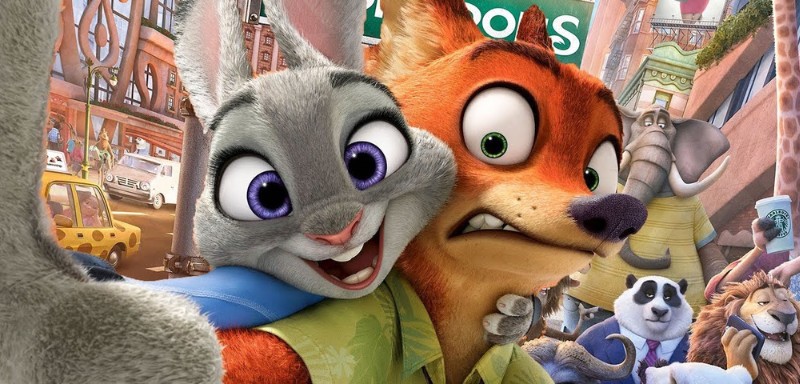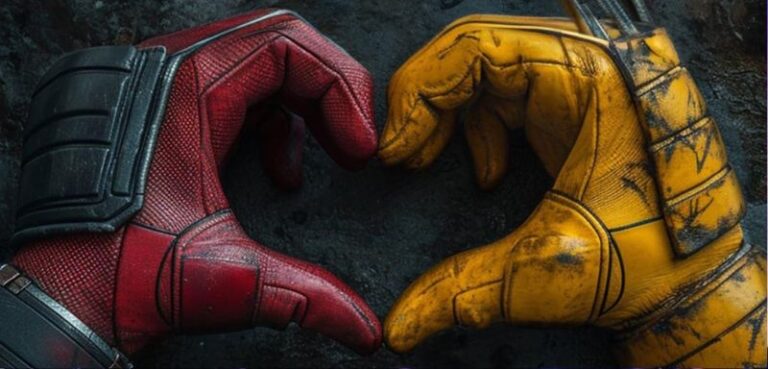Sloths, sly foxes, and adorable bunnies are probably what come to mind when you think of Disney’s animated film, “Zootopia”.
The film follows the lead protagonist, Judy Hopps, a rabbit from rural Bunny Burrow, who from a young age always aspired to be a cop. Despite graduating top of her class at the police academy, Judy faces discrimination in the police force and is assigned to parking duty. During parking duty, Judy meets Nick Wilde, a sly fox with whom she forms an unlikely partnership. From there, the duo begin searching for Mr. Otterton, one of the missing mammals in the biggest case in the city: the case of fourteen missing animals, all predators.
The social significance of this film is shown by how racism, deviance, and power can negatively affect a society that is otherwise viewed as a place of any individual’s dream. The animated comedy also deals with themes of tolerance and embracing cultural and socioeconomic differences among different species in the big city. Sound familiar?
“It never started as a political agenda or an intellectual theory to be proven on the screen,” said co-director Rich Moore. “We’ve seen these kinds of movies before, about animals living together in harmony in a big city, and acting like people, but it wasn’t enough for us. We wanted to know how they got that way. Predators and prey have lived together for thousands of years.”
When the film was first pitched, Moore (Wreck-It Ralph) and co-director Byron Howard (Tangled) wanted Zootopia to be more than just the average talking-animal 3D kiddie flick. In order for it to stand out and resonate with contemporary audiences of all ages, Moore and Howard spent a year researching animals and sociology to help shape the concept for the titular city in the film. Howard said a two-week trip to Kenya was especially insightful.
“We were right next to a watering hole where we saw a zebra drinking right next to a lion. No one was attacking each other, and they were very civil to each other,” Howard said. “That’s very similar to what human cities are like, where two groups who don’t necessarily get along are forced to cohabitate. That’s where a lot of the great story stuff started to come from.”
From there, the filmmakers developed a scenario in which a resourceful rabbit was forced to team up with its natural enemy, a sly fox.
In fact, the functionalist theory is heavily reliant in this movie. In the functionalist theory, there are different parts of society that are primarily composed of social institutions, each designed to fill different needs. In this case, there is an agreement that predatory animals will act in a civil manner so prey animals will not live in fear and can feel like they belong in a society that is made mostly of prey.
Since prey makes up a large portion of Zootopia’s society, they start to see predators as inherently deviant due to biological factors. This can be correlated with the Positivist perspective. According to Cesare Lombroso, an Italian criminologist and positivist, criminals are stuck in the earlier stages of human evolution, and are ill-developed humans. He suspected that criminals are born criminals, and in the case of the movie, predators are born predators. But this mindset can be very dangerous because it takes away the potential possibility of everyone being great, and also fails to consider that deviance can be a product of circumstance.
One thing that made “Zootopia” stand out was that it truly displays to young kids that the world is not as easy as it had been portrayed in other Disney movies that they have seen before. The world is a really tough place, where sexism, racism, and corruption can weaken and sometimes prevent your chances of following your dreams. Not to mention, people are going to judge you, no matter where you come from (like Judy Hopp) or for who you are (like Nick Wilde), even though people are so much bigger and more capable than the stereotypes society places on them. One must be aware of these issues in society today, and no matter the odds, you must maintain your efforts in combating them until you reach your goal and make a difference in the world.
Overall, the movie mocks society and demonstrates that even though we have adapted to civilization, we in many ways often act uncivilized, similar to animals. When Mr. Big is talking to Wilde and Hopp at his daughter’s wedding, he says “My child, we may still be evolved, but deep down we are still just animals.”





